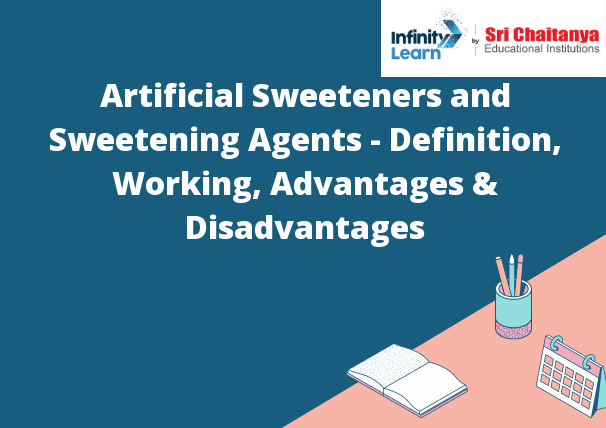Table of Contents
Sweetening Agent ;
A sweetening agent is a food additive that enhances the sweetness of a food. The most common sweetening agents are sugar, honey, and artificial sweeteners.

How Do Artificial Sweeteners Work?
The artificial sweeteners work by providing a sweet taste to foods and drinks without the associated calories. This is because they are around 100 to 1000 times sweeter than sugar, so you only need a very small amount to achieve the same level of sweetness.
Advantages and Disadvantages of Natural Sweeteners
The advantages of natural sweeteners are that they are all-natural, which means they are derived from plants. They also have a lower glycemic index than sugar, meaning they don’t cause as much of a spike in blood sugar levels.
Some of the disadvantages of natural sweeteners are that they can be more expensive than sugar, and they may not be as sweet as sugar.
For more visit Artificial Sweetening Agents



